FEAA History
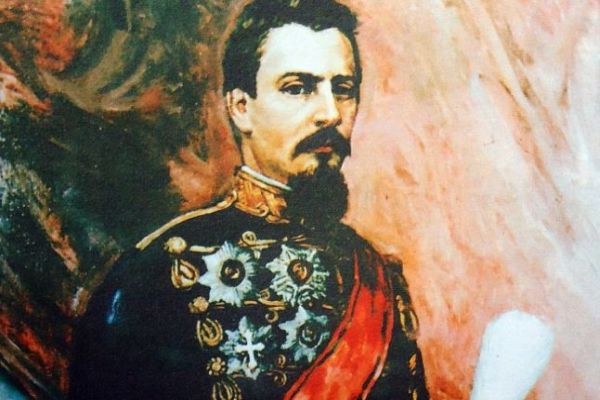
University of Iasi
Founded on the 26th of October 1860, shortly after the formation of the United Principalities, the University of Iasi, as it was originally called, is the first modern university in Romania. From the very beginning, Alexandru Ioan Cuza – the then ruler – asked, openly and unequivocally, the establishment of a Faculty of Economics.
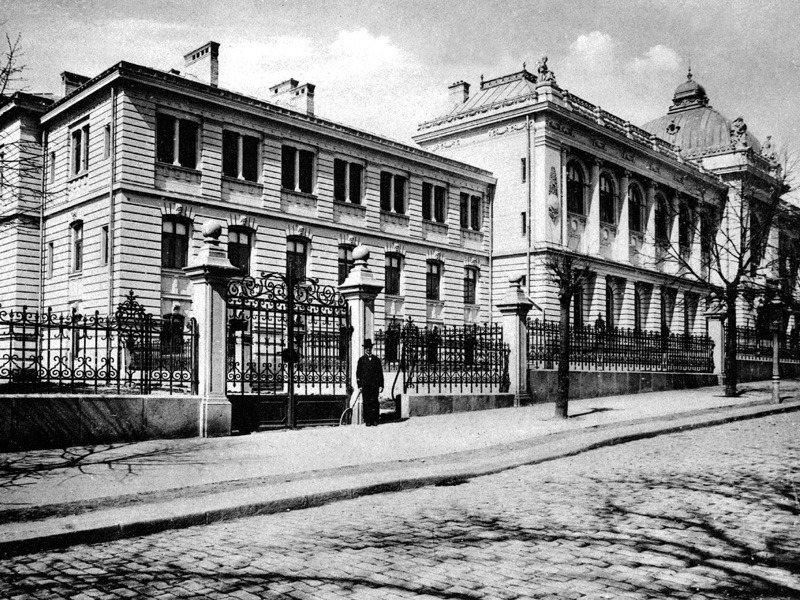
“Alexandru Ioan Cuza” University of Iasi
In 1942, the institution’s name changed to “Alexandru Ioan Cuza” University. At the time, the University could take pride in that it had reached the level of similar European institutions, both in terms of administration and organisation, and in terms of study programmes.
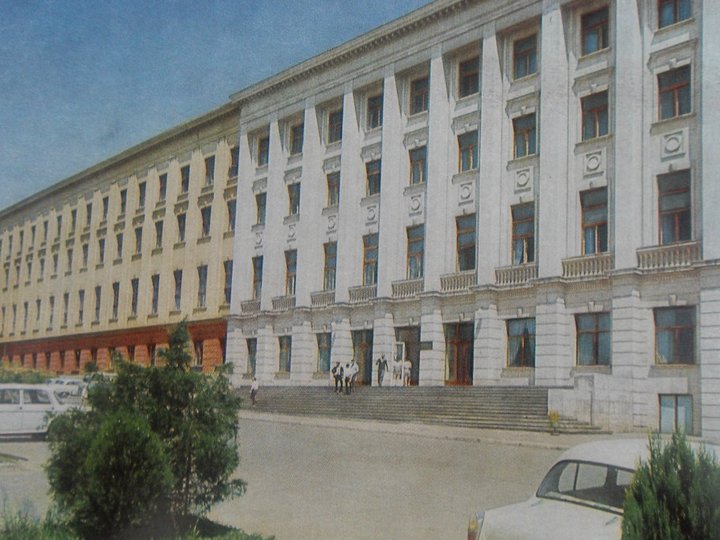
Faculty of Economics
Upon the request of the Senate of the “Alexandru Ioan Cuza” University of Iasi, the Faculty of Economics was established by Order of the Ministry of Education no. 575/1962 issued on the 19th of July 1962. Initially, it included the following programmes: “Political Economy and Planning”; “Finance and Credit”; “Accounting Registration”.
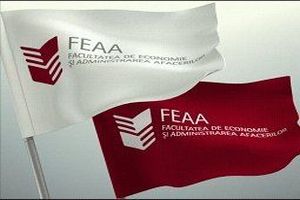
Faculty of Economics and Business Administration
During the academic year 1998-1999, the Faculty Board requested the Senate of the “Alexandru Ioan Cuza” University of Iaşi to approve a new name change to “The Faculty of Economics and Business Administration”. This name is more appropriate and it better corresponds to structures in Western schools. In addition, it indicates, more clearly, the two major areas of academic education provided by the Faculty: Economics – oriented towards economic theory, and Business Administration – oriented towards “business”.
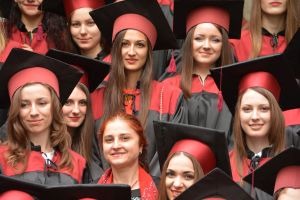
The Bologna System
Since 2005, the Faculty has been implementing the Bologna system of education: 3 years (180 credits) for BA studies; 2 years (120 credits) for MA studies, and 3 years for PhD studies. BA studies are intended to facilitate students’ acquisition of general skills and competences so as to better respond to the increasingly more dynamic demands of the labour market, as well as to grant students greater freedom in choosing their specialised study path by subsequently registering for academic or vocational Master’s programmes.
